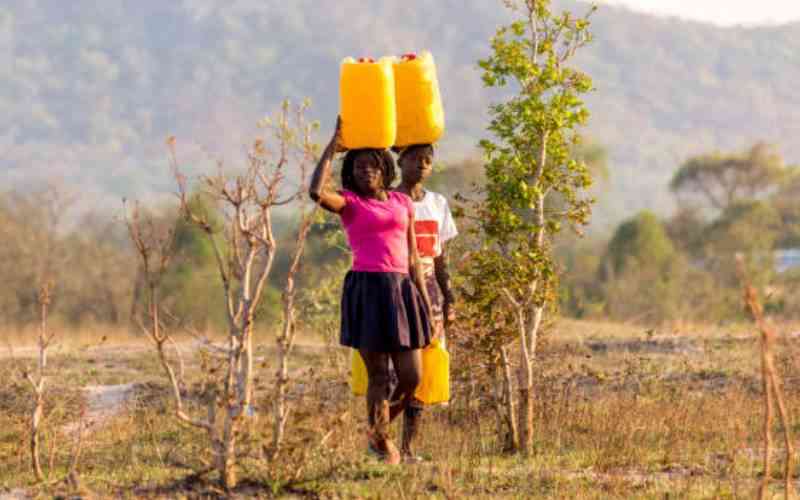
On March 3, 2024, as the continent commemorated the African Environment and Wangari Maathai Day, we were reminded not only of Wangari Maathai's remarkable environmental stewardship legacy but also of the broader role of women in safeguarding our planet. As we honour her memory, I find myself pondering the role of women as agents of change in environmental stewardship, particularly in the face of the gendered impacts of climate change.
The Green Belt Movement, which was founded by Prof Maathai, exemplifies the transformative potential of empowering women to protect and preserve our natural world. Through this movement, women across Kenya became guardians of their environments, planting trees, restoring degraded landscapes and fostering community resilience.